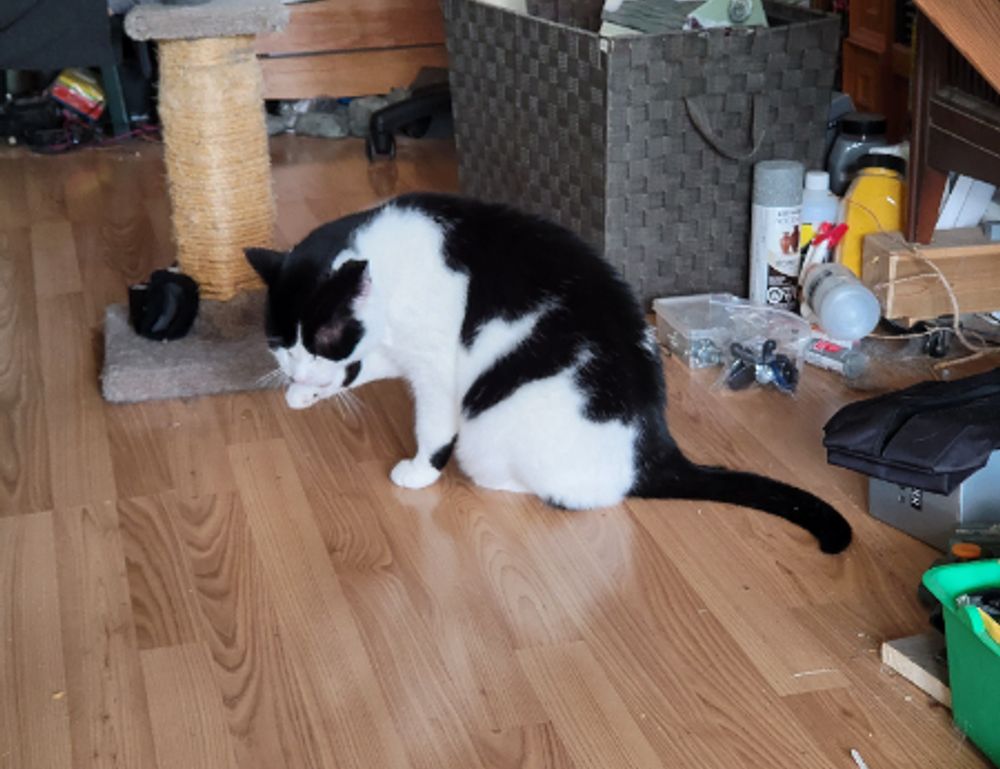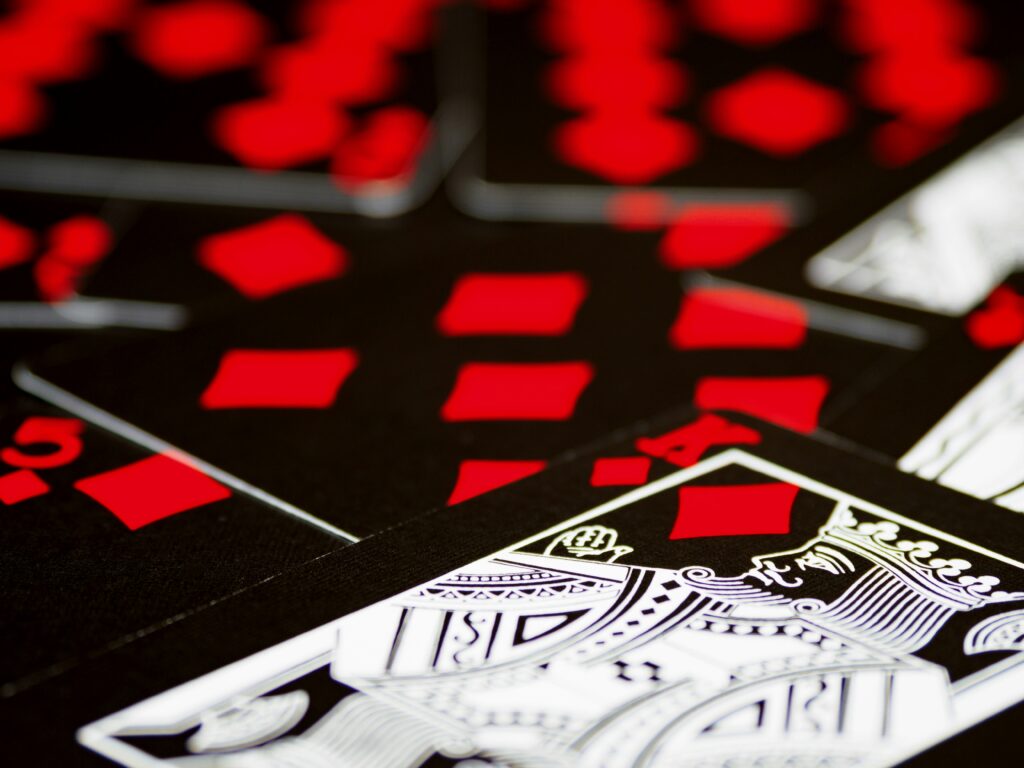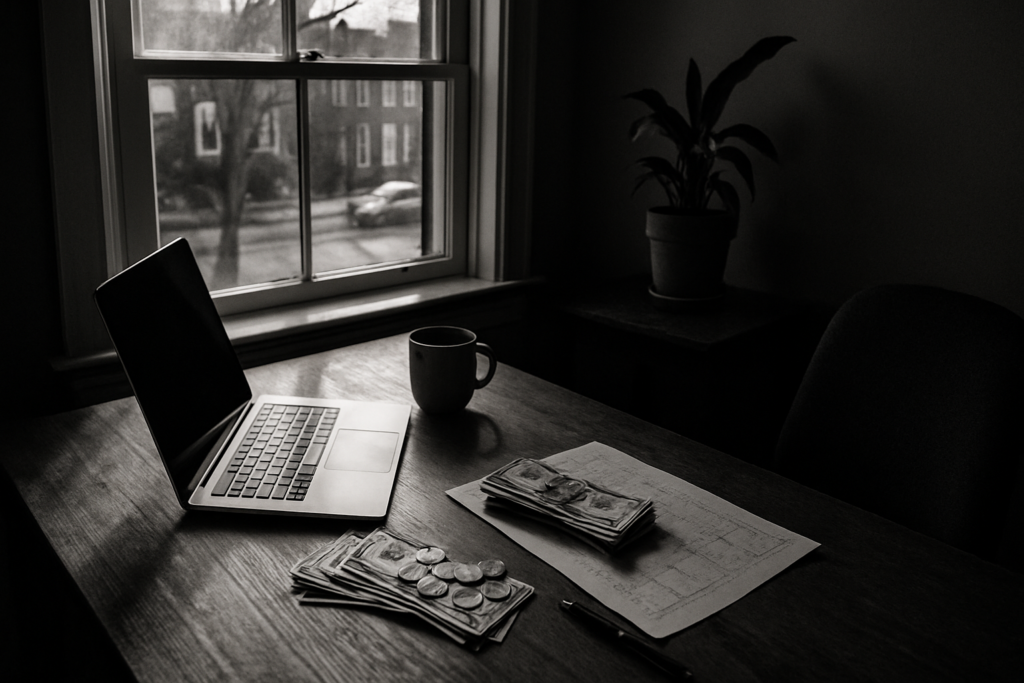What is h0llhollywood and Why It Matters
Let’s not dance around it. The term “h0llhollywood” is part aesthetic, part digital movement, and entirely rooted in the remix culture of the internet. Think of it as a splicedtogether mirror that reflects oldschool Hollywood, distortions of the influencer age, and a counternarrative to overly produced glamor. It’s not mainstream (yet), but it’s not underground either. It floats in a weird middle zone where niche creators, Gen Z artists, AIgenerated art, and postironic commentary all collide.
At its core, h0llhollywood is about decoding performance. We’re not just watching stars anymore—we’re watching people pretending to be stars, sometimes knowingly, sometimes not. Whether it’s TikTok edits recreating ’90s sitcom openings, or Instagram pages emulating the paparazzi style of early2000s celebrity snapshots, there’s a deliberate reframing of what fame looks like.
Origins and Influences
The term feels new, but the energy’s been building for a while. Think Tumblrera fandoms blended with normcore fashion and a heavy dose of media critique. Add to that the aesthetics of VHS filters, blurry polaroids, and Photoshop errors left in on purpose. It borrows from cyberpunk’s detachment, Y2K nostalgia, and modern meme culture.
But don’t confuse it with shallow retrorevival. h0llhollywood intentionally warps those reference points. It says, “Yeah, here’s the past—but filtered through a digital lens cracked with irony.” It’s both homage and satire—inviting you into a world built on shared context and mutual winks. It’s entertainment, but meta.
Who’s Driving the Movement
This isn’t a celebrityled trend. The real players are anonymous image editors, microinfluencers with weirdly loyal followings, and private Discord servers pumping out aesthetic remixes faster than any studio’s content calendar.
Digital artists and Gen Z content creators play a big part. They’re not looking for massive followings. They’re building niche audiences that get it. And if you don’t get it? That’s the point. h0llhollywood thrives on subtlety. If you miss the reference, scroll on. If you catch it, you’re in.
The movement also thrives in antibrand spaces. It doesn’t advertise—it mimics ad culture and then quietly tears it apart. One day it’s a fake movie poster that looks too real, the next it’s a misleading faux tabloid page with a caption that reads like a confession.
How h0llhollywood Shows Up
You’ll recognize it when you see:
Blurry paparazzistyle imagery with captions like “SPOTTED: existential crisis (2023)” Real screenshots from interviews twisted out of context to critique celebrity culture AIgenerated celebrity faces that don’t exist—but look familiar enough to make you uneasy Punchy video edits that blend iconic scenes with absurd dialogue or surreal effects
It’s digital art. It’s a joke. And it’s fundamentally a critique of the gaslit paradise that Hollywood built.
Why Now?
Our relationship with reality has never been blurrier. Celebrities are brands. Influencers are actors. PR crises get posted as casual iOS notes on social feeds. The brakes are off. Meanwhile, consumers got savvier. We scroll fast and catch fakes faster.
In comes h0llhollywood, holding up a digital mirror. It exaggerates the fakeness until it breaks. For a generation tired of spotless influencer aesthetics and manufactured drama, this is the relief. It’s flawed, messy, sarcastic, and surprisingly honest.
This isn’t a rebellion against pop culture—it’s a remix. A reclamation. Proof that we can love the glitz, while still laughing at it.
Potential Pitfalls
There’s a double edge here. The irony and distortion that define h0llhollywood can also make it inaccessible. It’s easy to get lost in the layers, or worse—miss the critique altogether and absorb it as just another aesthetic.
There’s also the risk of dilution. As with any internetborn trend, brands may try to cash in. Expect AIgenerated ad campaigns stealing the style without bothering to understand the context. Once big corporations start playing dressup, the subversiveness tends to fade.
Final Thought
h0llhollywood isn’t just a trend or a tag—it’s a lens. The keyword itself acts like a trigger, inviting followers to decode what’s real and what’s reimagined. Whether it’s being used in ironic blog posts, layered into short films, or embedded in subreddits, the message stays slippery: nothing is exactly what it seems, and that’s the point.
So if someone drops the term h0llhollywood in a post, pay attention. It might look like another retrofiltered selfie—but there’s a good chance it’s masking something smarter, sharper, and worth scrolling a little slower to catch.


 Nathan Heymann
Senior Betting Analyst
Nathan Heymann is a seasoned betting analyst with a sharp focus on sports markets and gambling strategies. With years of experience in data analysis and trend forecasting, Nathan excels at identifying winning opportunities in dynamic betting environments. At Prime Gambling Way, he leads the analytical team, crafting detailed reports, predictive insights, and actionable tips that empower bettors to stay ahead of the curve. His ability to blend statistical expertise with real-world application makes him an invaluable resource for gamblers looking to maximize their success. Nathan’s passion for uncovering patterns and delivering clarity in complex markets is key to the platform’s commitment to excellence.
Nathan Heymann
Senior Betting Analyst
Nathan Heymann is a seasoned betting analyst with a sharp focus on sports markets and gambling strategies. With years of experience in data analysis and trend forecasting, Nathan excels at identifying winning opportunities in dynamic betting environments. At Prime Gambling Way, he leads the analytical team, crafting detailed reports, predictive insights, and actionable tips that empower bettors to stay ahead of the curve. His ability to blend statistical expertise with real-world application makes him an invaluable resource for gamblers looking to maximize their success. Nathan’s passion for uncovering patterns and delivering clarity in complex markets is key to the platform’s commitment to excellence.
